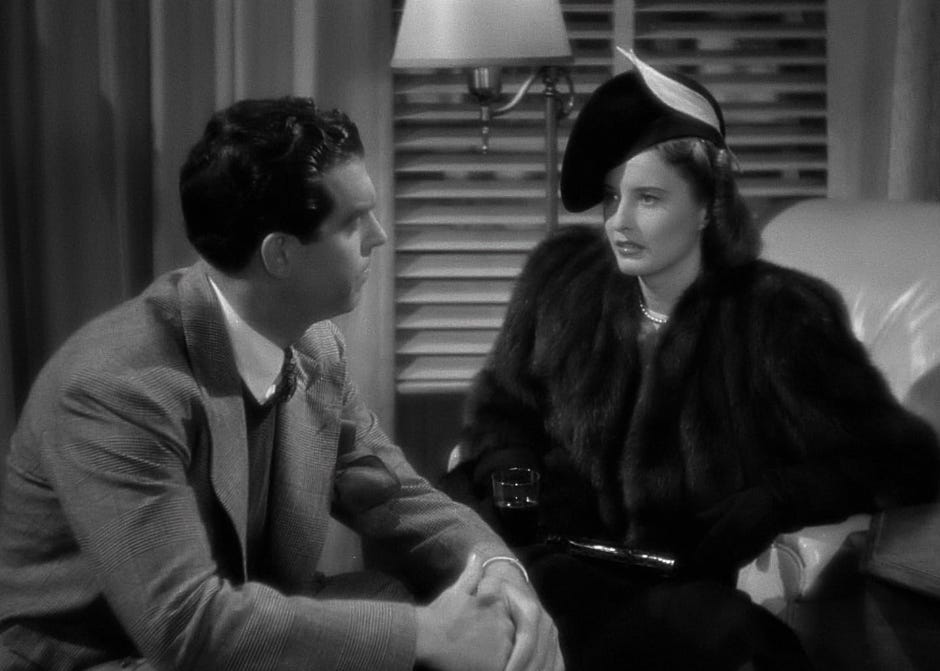I often read the year-end recaps and wrap-ups featured by many news sites with interest. Having participated in the journalism industry myself for many years, I know that such articles are often convenient filler for tired writers and editors who just want a holiday breather … but I also find great value in these “look-back” articles, for they give time for reflection and redirection.
This year, one of the articles I glanced through was Nicolas Barber’s BBC piece entitled, “Disney at 100: Why the Mouse House flopped hard in its centenary year.” It’s no secret that Disney hasn’t been on the favorite lists of most average Americans in recent months, and there are several reasons for this, according to Barber. The first is—what else—the disruption caused by COVID. The second is what Barber labels “superhero fatigue,” while the third and fourth are “sloppiness” and a lack of creativity on the part of the company.
I don’t doubt that these things contributed to Disney’s increasing disfavor among the American public, but I think Barber overlooked a major reason for the plummeting interest in the company’s movies, namely, a lack of morals.
Disney has long sent subtle messages about sex and other deviant behaviors in its films, but it seems that the general population has not recognized these messages until recently. We can hope that people are waking up and realizing that they don’t want anything to do with such morals—and that may well be the case—and as such, are ditching their support of Disney in droves. But there may be another reason afoot.
Frankly, filth and corruption are so prevalent in today’s society that filling films with those themes has become old hat. Indeed, if Disney—or the movie industry in general—wants to give society something it will love, something fresh and original, then maybe it needs to try inculcating good old-fashioned morals into its stories once again.
This thought was driven home to me in a fresh way over the holidays when I sat down with several others to watch an old Christmas movie from 1940. Entitled “Remember the Night,” the film featured Barbara Stanwyck as shoplifting jewelry thief Lee Leander, and Fred MacMurray as John Sargent, an assistant district attorney seeking to bring Leander’s criminal exploits to a stop by putting her in jail.
When Sargent pulls a fast one to postpone the trial until after Christmas because he sees that the season’s spirit of goodwill is swaying the jury toward letting Leander off the hook, the two are thrown together for a holiday road trip home to Indiana to visit their respective families.
After the opening scenes of the film, I joked with my fellow audience members that “Remember the Night” was the 1940’s version of a Hallmark movie. In short, the initial setup led us to expect a plot where an innocent male and hardened female are thrown together through a unique set of circumstances, causing them to fall in love and have everything work out despite serious obstacles.
But we had to eat our prediction by the end of the film. In fact, I came away feeling a bit startled, but rather refreshed, by the turn the plot took, and have found myself pondering two major lessons ever since I watched it.
The first regards how we as adults respond to children and how it affects their behavior. As the film progresses, we find that sticky-fingered Leander’s faults as a child were treated harshly. Instead of responding to her faults with loving correction, her mother drilled it into her that she was good for nothing, a fact which eventually led Leander to run away to New York and commence her adult life of crime.
Sargent, it is revealed, fell into childhood faults and foibles similar to those of Leander’s, but his mother gave him loving correction and direction on how to make restitution. As a result, he grew up into a conscientious and respectable young man.
The contrast between the two upbringings made me pause and consider how much children are influenced by our responses to their faults. In our interactions with children—as parents or otherwise—do we respond angrily and in a condemning tone when they do wrong, drilling into them that they can never change? Or do we respond like Sargent’s mother, not overlooking the fault and its consequence, but showing love and kindness even in the midst of firm discipline? It’s a sobering challenge.
The second lesson I came away with relates back to the twist the plot took. Instead of a criminal trial neatly tied up with Sargent getting Leander off the hook and whisking her off to marry her—as he truly tried to do—we see Leander with her conscience awaking. She pleads guilty despite the likely consequences, simply because she knows it’s the right thing to do.
This was a plot twist that threw the expected “happily ever after” into question; yet, as I mentioned earlier, this ending was surprisingly refreshing. I later discovered this twist was due to the Hollywood morality code of that era. In other words, because they had high moral standards back then, they couldn’t allow Leander to get off scot-free. Yet this moral standard was exactly what made the ending unexpected and even poignant, for it showed love that was genuine rather than fluffy and superficial, with Leander choosing the hard path for herself because she didn’t want to cause hurt and damage to Sargent.
Disney should take note. Perhaps if more of their movies offered such poignant moral twists and wise lessons as this almost 85-year-old movie did, they’d have an audience coming back time and again for more.
As it stands now, it’s highly unlikely I’ll be watching a Disney movie anytime soon … but I’ll certainly “Remember the Night” and dig it up again before too long.
—
Image Credit: IMDB




You are so right! God is still in control and the perverted corruption will absolutely FAIL! The sooner the better!